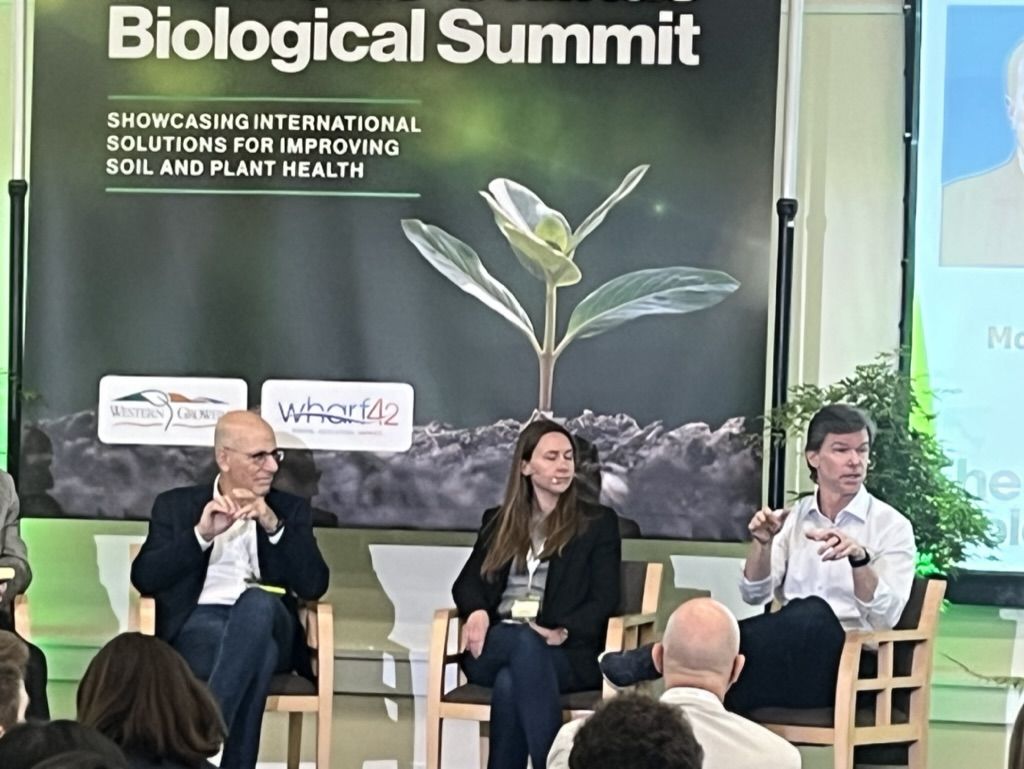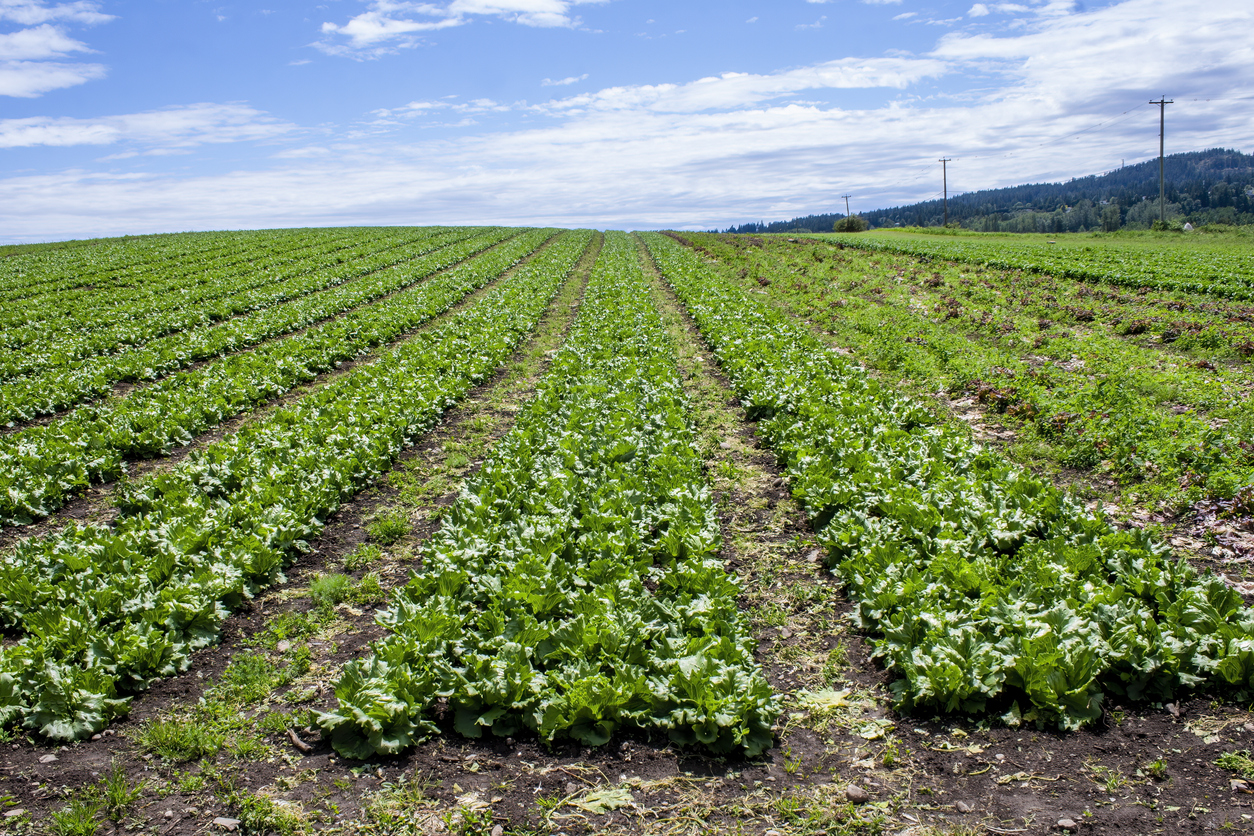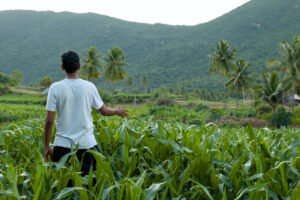The ag biologicals sector has seen numerous changes over the last year spanning the technological, regulatory, and ag retail realms, to name a few. There is also an increasingly louder call from consumers and governments alike for more biologicals and fewer chemicals.
Yet in some ways, the ag biologicals sector — which includes biofertilizers, biostimulants and biocontrols — hasn’t changed drastically over the last 12 months. As was noted at this year’s BioAg World Congress, the agriculture industry is still unsure where, exactly, biologicals fit in, and farmers are largely unwilling to pay a premium for biological-based products.
A tough macro-economic environment that’s seen countless agrifoodtech startups shutter their doors adds yet-another layer of complexity to the biologicals space.
Pam Marrone, founder and chair of the Invasive Species Corporation, calls it “a severe fundraising environment” for biologicals startups. “There is a bifurcation in companies’ status – some large successes and some big failures,” she says.
Some of those recent wins include the first RNAi biopesticide product getting registered with the US Environmental Protection Agency (EPA) and the first new category of peptide biofungicides receiving ‘biochemical-like’ standing at the EPA.
A major loss this year has been the demise of AgBiome, once an agtech darling whose assets were recently acquired by Gingko Bioworks.
Marrone, who is also one of the early trailblazers in the biologicals sector, will take a deep dive into the market’s latest developments at the 2024 Salinas Biological Summit taking place next week in Salinas, California.
Sometimes called “the salad bowl of the world,” the Salinas Valley region of California is home to much of North America’s specialty crop production, including leafy greens, strawberries and tomatoes, as well as tree nuts like almonds.
Co-presented by Western Growers Association and New Zealand-based agrifoodtech consultancy Wharf42, the Salinas Biological Summit is designed to address the needs of multiple stakeholders in the specialty crops industry: growers, investors, regulators, startups, large agrifood corporates, and dealers, amongst others.
Adapting to a changing environment (and supporting growers while doing so) is the over-arching theme of this year’s summit, and Marrone and others will examine the key opportunities and biggest hurdles when it comes to greater adoption of biologicals in the specialty crop sector.
Customers need ‘a cogent financial rationale’ for adopting biologicals

Of utmost importance is that despite the changing environment, those making products still need a solid strategy for getting to market, and to avoid the longstanding “bugs in a jug” stigma that’s haunted the biologicals space.
There are two key points startups and innovators must keep in mind, says Elliot Kellner, director of commercial innovation at the Donald Danforth Plant Center: “To push for efficacy at least equal to that of existing chemical products and to focus on the value proposition for producers.”
“We have heard directly from farmers that they are ready and willing to try novel biological amendments, but that the efficacy has to be at least close to the products they are already using,” says Kellner, who will be speaking on the topic at the Salinas Biological Summit. “Adoption is going to be a challenge for significantly less effective new products, regardless of the associated environmental benefits.”
His assertions echo those from last year’s summit, where one panelist, Naturipe Berry Growers’ research and technical director Hillary Thomas, reminded the audience that biologicals “have to pass the efficacy test, the economics test. The average grower doesn’t have the bandwidth or capacity to test these things.”
As to the value proposition, particularly for growers, Kellner says there must be “a cogent financial rationale for discontinuing use of synthetic chemical products, considering the notoriously narrow margins of the agriculture industry, margins that are, indeed, tightening as we speak due to climate change.
“We cannot rely on a call to environmental/climate philanthropy by our agricultural producers to drive adoption of alt-biologicals,” he continues. “Adoption of environmentally friendly biological crop amendments could improve our natural resource stewardship, but that advancement will only occur if use of the products is supported by a strong business model.”

Investors seeking ‘strong business models’ rather than ‘impact-driven plays’
Investors, of course, are also looking for those strong business models. Or as investor and 2023 Biological Summit panelist Kirk Haney puts it, “We are looking for reasons to say no.”
The 2024 Salinas Biological Summit will once again examine biologicals from a financial perspective, analyzing who is actually investing in this market.
Despite the purported planetary benefits of biologicals, investors are more likely to back strong companies with paths to profitability than those touting environmental and health benefits of biologicals, suggests Kellner.
“The investment community is increasingly looking for strong business models in which to invest, given the current market setting/sentiment, and less likely to support more aspirational impact-driven plays,” he notes.
As AgFunder’s Global AgriFoodTech investment report noted earlier this year, funding to all of agrifoodtech declined nearly 50% in 2023; biologicals startups are no more immune than other markets when it comes to securing backing these days. [Disclosure: AgFunder is AgFunderNews’ parent company.]
The 2024 summit will delve into what investors are looking for and how startups should navigate this new reality.
To Canada and beyond
California may be home to the world’s salad bowl, but it isn’t the only place the biologicals industry should keep an eye on when it comes to specialty crops, says Dennis Donohue, director of Western Growers Center for Innovation & Technology.
“We are particularly pleased to add the Canadian perspective to this year’s conversation,” he notes. “Canada is an important market and has great influence on the shipping community. It is particularly important for growers, investors and dealers to understand all of the market dynamics in play.”
Finally, to further accelerate innovation in the biologicals sector, agrifoodtech VC The Yield Lab is launching a Global Biologicals challenge in 2024 that will identify and select innovations that address both regional and global challenges around biologicals.
Delegates joining the Salinas Biological Summit will get the chance to participate in the challenge at a 30-minute lunchtime workshop hosted by California State University Monterey Bay.






